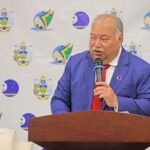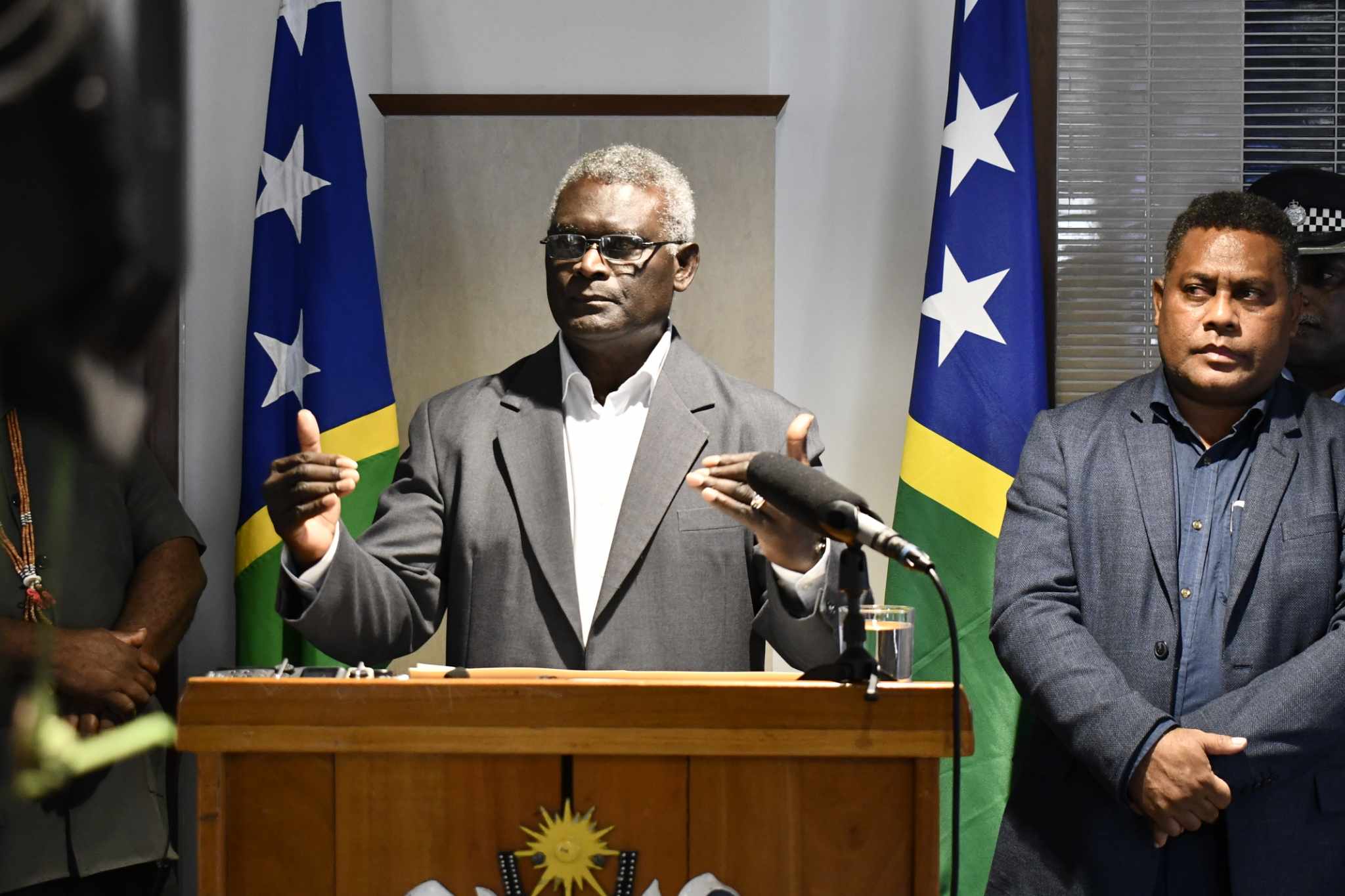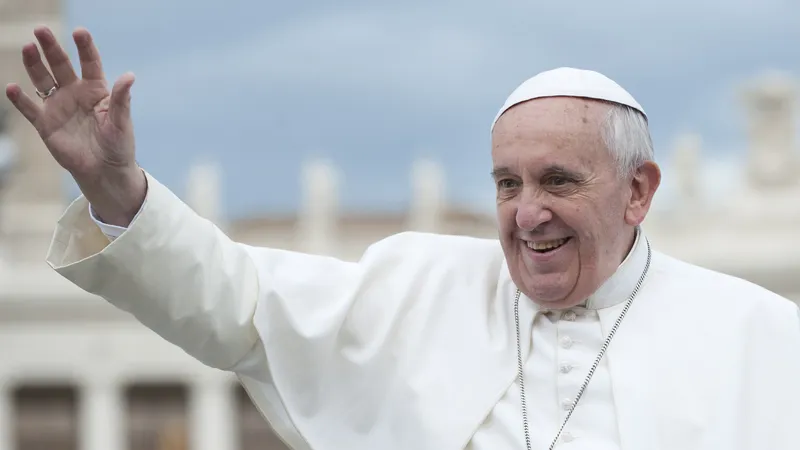Prime Minister Manasseh Sogavare has emphasized the need for transparency regarding the discharge of Fukushima water in the Pacific Islands.
Speaking upon his arrival at the International Airport this afternoon, he clarified that his recent statement at the 78th United Nations General Assembly debate centered around the issue related to the International Atomic Energy Agency (IAEA) report.
Sogavare expressed his expectation that Japan should have shared the raw data from their findings, but instead, they chose to withhold it.
He stated, “Japan did inform us about the report, but we are seeking access to the raw data and insights from our own scientists.”
Sogavare confirmed receiving a letter from Japan along with leaders of the Melanesian Spearhead Group (MSG), and following the MSG meeting in Vanuatu, the MSG Chair wrote to the President of Japan expressing their concerns.
The Japanese President highlighted the transparency of the IAEA report but Sogavare emphasized the importance of hearing from their own scientists, stating, “Yes, the issue here is the report. Everything we hear is what they assured us, but we want to hear from our own scientists about how they compile those reports. They need to provide us with the data.”
This week, the Japanese Ambassador to the Solomon Islands expressed disappointment with Sogavare’s statement at the 78th Session of the UNGA.
Sogavare confirmed that the Japanese ambassador had visited his office to explain the report, which continues to be a source of concern for the Solomon Islands.
He noted that their experts hold varying opinions, and until a consensus is reached among them, they should advise on the neutrality of the report. Their primary concern lies in the transparency of the data, which Japan has not yet provided to their experts.
Sogavare also highlighted that the Pacific Islands Forum (PIF) has adopted a clear stance and will collectively address the credibility of the report. He reiterated that their experts have formally requested the data, which Japan has not supplied.
He clarified that while they acknowledge Japan’s efforts to inform the global community about its adherence to IAEA standards, they remain apprehensive about the discharge of treated water without a consensus among scientists and experts regarding its safety. Moreover, the interpretation of the IAEA assessment reports neither endorses nor approves of this discharge.
Sogavare underscored the significance of the upcoming Pacific Island Forum Leaders’ Summit scheduled for November, during which leaders will assess the latest developments on this issue. He pointed out that the long-term ramifications of discharging treated nuclear water, including ocean warming and acidification over a period exceeding 30 years, pose substantial risks to the well-being and future of their region.
Citing the Treaty of Rarotonga as a pledge to maintain the region free from environmental contamination, including radioactive waste, Sogavare implored Japan to reconsider its decision to discharge nuclear-treated water. He urged Japan to explore alternative solutions and emphasized the importance of preserving their Pacific Ocean, which is integral to their past, present, and identity. If the treated nuclear water is indeed safe, Sogavare suggested that Japan should consider storing it within its own borders.













